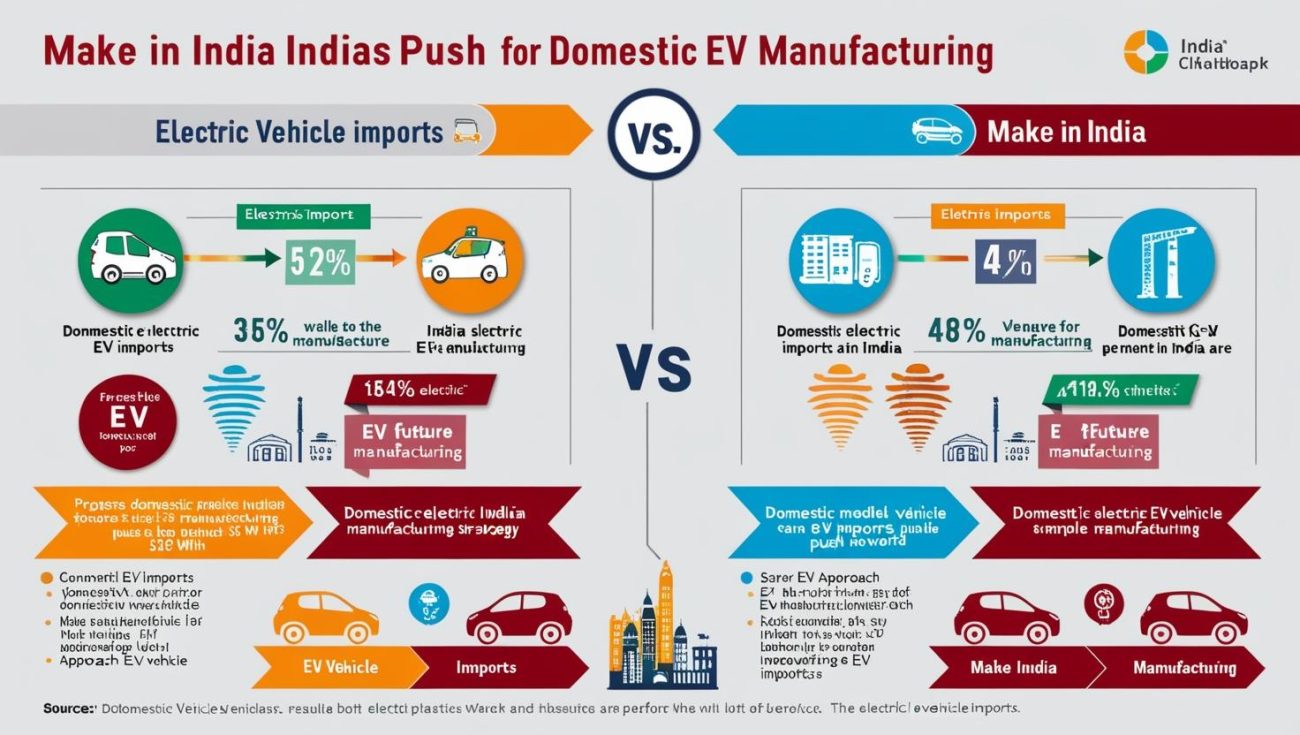India stands at the cusp of an electric vehicle (EV) revolution, driven by environmental concerns, technological advancements, and robust government support. As the world’s third-largest automobile market, India’s transition to electric mobility is pivotal for global sustainability efforts.
Government Initiatives and Ambitious Targets
The Indian government has set an ambitious goal: achieving a 30% EV market share by 2030. To realize this, several initiatives have been launched:
- FAME II Scheme: Offers subsidies for EV purchases and supports the development of charging infrastructure.
- State-Level Policies: States like Delhi, Tamil Nadu, and Gujarat have introduced incentives for EV buyers and manufacturers.
- National Electric Mobility Mission Plan (NEMMP): Aims to promote electric mobility and reduce dependence on fossil fuels.
These policies have catalyzed the entry of major automakers into the EV segment, including Tata Motors, Mahindra & Mahindra, and Maruti Suzuki, which plans to launch its first EV, the e-Vitara SUV, in collaboration with Toyota.

India’s upcoming electric car market 2025.
Market Growth and Consumer Adoption
India’s EV market is experiencing rapid growth. In 2022, over 455,000 EV units were sold, a significant increase from previous years. The surge is primarily driven by the adoption of electric two- and three-wheelers, which are more affordable and practical for Indian consumers.
Factors contributing to this growth include:
-
Rising Fuel Prices: Encouraging consumers to seek cost-effective alternatives.
-
Environmental Awareness: Growing concern over air pollution and climate change.
-
Technological Advancements: Improvements in battery technology and vehicle performance.
Infrastructure and Technological Challenges
Despite the positive trajectory, several challenges hinder widespread EV adoption:
-
Charging Infrastructure: The lack of adequate charging stations leads to “range anxiety” among potential buyers.
-
High Initial Costs: EVs often have a higher upfront cost compared to traditional vehicles, deterring price-sensitive consumers.
-
Battery Production: India’s reliance on imported battery components affects the affordability and sustainability of EVs.
Addressing these issues requires concerted efforts from both the public and private sectors to invest in infrastructure and local manufacturing capabilities.
Environmental Impact and Global Significance
Transitioning to electric vehicles is crucial for reducing greenhouse gas emissions and combating air pollution, especially in urban areas like New Delhi, which faces severe air quality issues. Moreover, India’s success in EV adoption can serve as a model for other developing nations aiming for sustainable transportation solutions.
The Road Ahead
The future of electric vehicles in India is promising, with a clear roadmap laid out by government policies and growing consumer interest. While challenges persist, the collaborative efforts of policymakers, industry stakeholders, and consumers are steering India towards a cleaner, more sustainable automotive future.

